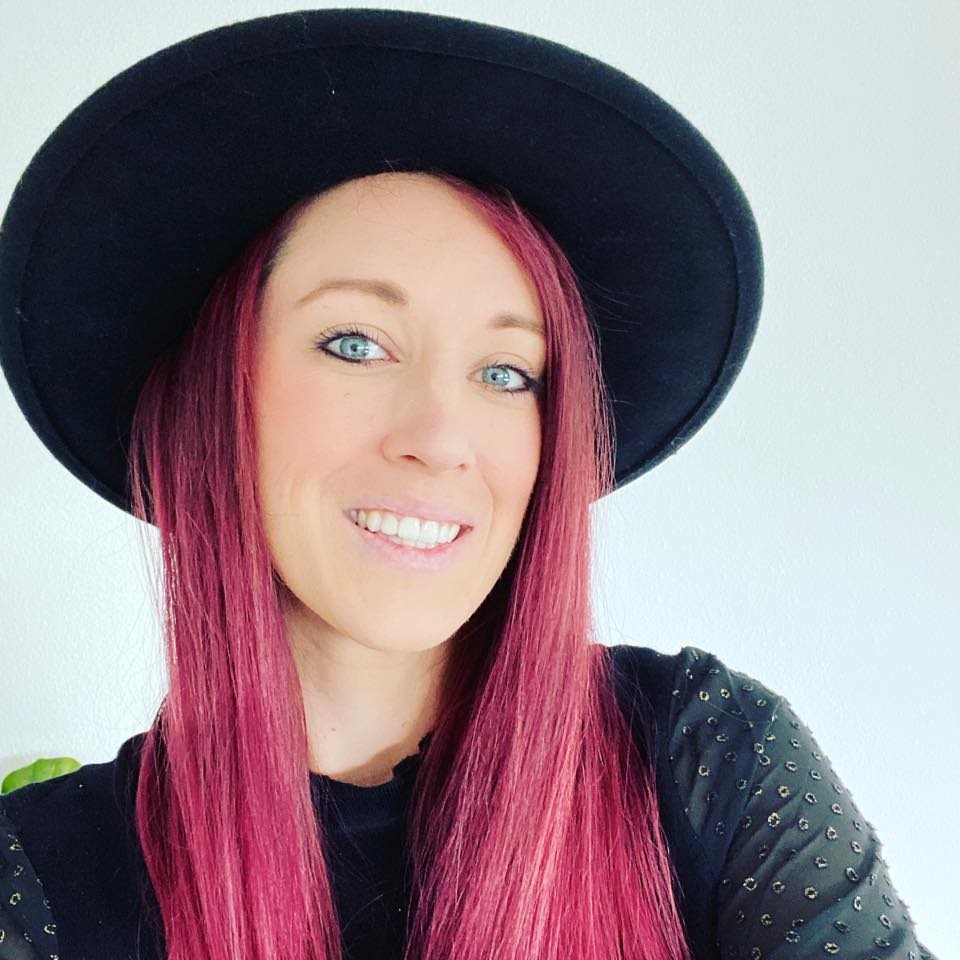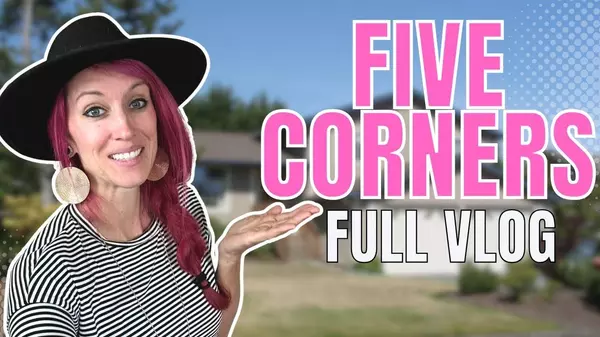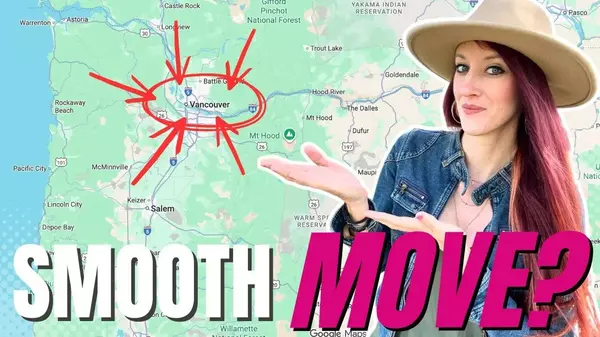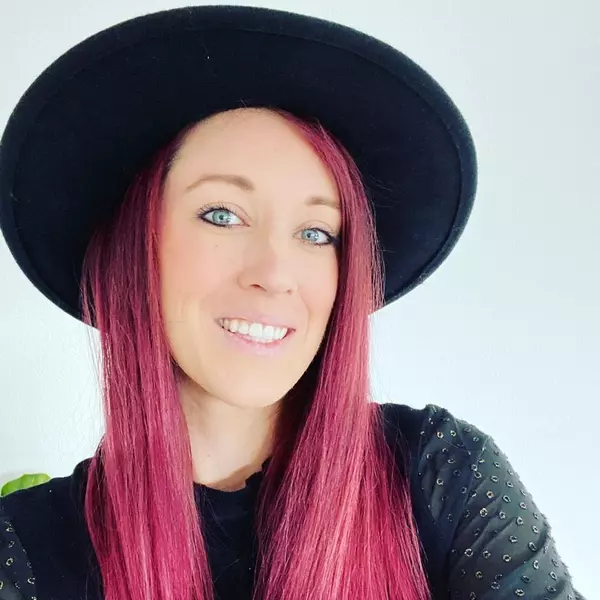How to Own Your Dream Home in Vancouver, WA: A Step-by-Step Home Buying Guide
How to Own Your Dream Home in Vancouver, WA: A Step-by-Step Home Buying Guide
Owning your dream home is an exciting milestone, and if you’re ready to make that dream a reality, buying a home in Vancouver, WA, is a smart choice. Whether you’re a first-time homebuyer in Vancouver or looking to upgrade, having a solid dream home plan can make the process much smoother. Navigating the Vancouver WA real estate market might seem overwhelming, but with the right home buying guide and a clear house checklist, you’ll be well-prepared to find the perfect home that fits your lifestyle and budget.
In this step-by-step home buying guide, I’ll walk you through everything you need to know about buying a home in Vancouver, WA—from setting your budget and researching homes for sale in Vancouver WA, to partnering with a trusted Vancouver real estate agent, making competitive offers, home inspections, and closing the deal. Let’s get started on your journey toward owning your dream home in this vibrant community!

Step 1: Understand Your Budget and Financing Options
Owning your dream home begins with a clear understanding of your financial situation. Before you dive into house hunting, it's essential to evaluate your budget carefully to know what you can realistically afford. This step is the foundation of a successful home buying journey.
Start by reviewing your savings, monthly income, debts, and any other financial obligations. Calculate your comfortable monthly payment range, considering not just the mortgage but also property taxes, insurance, and maintenance costs. This comprehensive budget will serve as your personalized house checklist, helping you focus on homes within your financial reach.
Mortgage Pre-Approval: Your Key to a Strong Offer
One of the most important steps in your home buying guide is securing mortgage pre-approval. Unlike pre-qualification, pre-approval involves a more in-depth review of your finances by a lender, resulting in a conditional commitment for a loan amount. This process gives you a clear picture of your purchasing power and strengthens your offer in the eyes of sellers.
Lenders in Vancouver, WA, offer various loan programs tailored to different buyer needs. Whether you're eligible for an FHA loan, a VA loan, or a conventional mortgage, your lender will help you identify the best option for your dream home plan. With pre-approval in hand, you’ll be positioned as a serious buyer ready to compete in the local market.
Having a firm budget and financing plan in place sets the stage for a smooth, confident home buying experience. It helps you avoid surprises and ensures you focus on homes that align with your financial goals.
Step 2: Research the Vancouver, WA Real Estate Market
Understanding the Vancouver, WA real estate market is crucial to finding the perfect home that fits your lifestyle and budget. This step allows you to make informed decisions based on local market trends, neighborhood vibes, and property values.
Start by exploring different neighborhoods to identify which areas align with your priorities. Whether it’s being close to top-rated schools, parks, recreational amenities, or your workplace, knowing the community’s offerings will help you narrow down your options.
Explore Neighborhoods and Market Trends
Use online listings, real estate websites, and mobile apps to get a feel for available properties and their asking prices. Pay attention to how long homes stay on the market and the price range for different types of properties—single-family homes, condos, townhouses, or new construction.
Attend open houses and connect with local real estate agents who have firsthand knowledge of Vancouver’s market dynamics. Their expertise can provide insight into which neighborhoods are appreciating in value and which may offer better deals. A well-researched market approach is an essential part of your home buying guide and helps you avoid overpaying while aiming for your dream home.
By staying up to date with the latest market conditions, you can confidently tailor your dream home plan to what’s realistically available, ensuring a smart investment.
Step 3: Partner with an Experienced Real Estate Agent
Buying a home in Vancouver, WA, can be a complex process, but having a knowledgeable real estate agent by your side makes all the difference. An experienced agent acts as your guide, advocate, and negotiator throughout your journey.
Why a Local Expert Matters
A local agent understands the nuances of the Vancouver market—everything from neighborhood trends to pricing strategies. They can help you identify homes that meet your must-haves and nice-to-haves, saving you time and effort.
With their professional network, agents can also alert you to new listings before they hit public sites and provide insider tips that give you an edge over other buyers.
How an Agent Supports You
Your agent will coordinate property viewings, explain contract details, and assist with negotiations to ensure you get the best deal possible. They’ll also help manage timelines and contingencies, keeping your purchase on track.
Working with the right real estate agent is a key part of a smooth home buying guide. Their expertise can help transform your dream home plan into reality by making the process less stressful and more efficient.
Step 4: Create a List of Must-Haves and Nice-to-Haves
One of the most empowering parts of buying a home is defining what you really want. Before you start visiting properties, it's essential to have a clear vision of your ideal living space. This step helps you stay focused and make quicker, more confident decisions.
Organize Your Priorities
Start by creating a house checklist with two main categories:
-
Must-Haves: These are your non-negotiables—the features your dream home must include. For example: number of bedrooms, proximity to work or school, accessibility features, or a specific neighborhood.
-
Nice-to-Haves: These are features that would be great to have but aren’t deal-breakers. Think: a large backyard, updated kitchen, bonus room, or a soaking tub.
Having a detailed checklist reduces the overwhelm and helps you—and your real estate agent—quickly rule out homes that don’t meet your minimum requirements.
The Rule of Two: Price, Location, Condition
Here’s a key concept that catches many buyers off guard: when it comes to Price, Location, and Condition, you usually get to choose two—not all three. For example:
-
A home in a prime location and in great condition may come with a higher price tag.
-
A well-priced home in great condition might be further from your ideal location.
-
A home in the perfect location and budget may need some updates or repairs.
Understanding this trade-off can help you make practical, informed decisions as you weigh your must-haves and nice-to-haves. Your agent can guide you on which compromises make the most sense for your goals—and how to spot hidden potential in homes that check two of your boxes.
Stay Flexible, But Focused
The Vancouver real estate market can be competitive, so it’s wise to remain open to homes that meet most—but not all—of your criteria. Sometimes a property surprises you in all the right ways, even if it’s missing one “nice-to-have.” Defining your dream home plan is about balancing vision and flexibility.
Step 6: Make a Competitive Offer
Once you find the home that checks the boxes on your dream home plan, it’s time to make your move. This stage can feel high-stakes, but with the right guidance, your offer can stand out in a competitive market like Vancouver, WA.
Understand Market Conditions
Your offer strategy will depend heavily on the current local real estate climate:
-
In a seller’s market, demand exceeds supply. You might need to offer above the asking price, waive some contingencies, or include an escalation clause to outbid other buyers.
-
In a buyer’s market, you’ll often have more leverage to negotiate on price, closing costs, or repairs.
Your real estate agent will run a comparative market analysis (CMA) to assess the value of similar homes in the area and help you structure your offer competitively and wisely.
Strengthen Your Offer Terms
Beyond price, sellers also consider offer terms. Here are a few ways to stand out:
-
Include a flexible closing date if the seller needs time to move out.
-
Limit contingencies when appropriate, especially if you’re confident about the home’s condition.
-
Increase earnest money, showing you’re serious and financially committed.
-
Write a personal letter to the seller—this is optional, but can be powerful if done sincerely.
With the right offer strategy, guided by an experienced real estate agent, you’ll be well-positioned to move one step closer to owning your dream home.
Step 6: Conduct a Home Inspection
Once your offer is accepted, don’t skip this crucial step. A professional home inspection helps ensure your dream home doesn’t come with unexpected—and costly—surprises.
Why a Home Inspection Matters
Even if a home looks perfect on the surface, underlying issues can go unnoticed. A licensed inspector will thoroughly examine the structure, systems, and components of the property, including:
-
Roof and attic
-
Electrical and plumbing systems
-
HVAC (heating and cooling) units
-
Foundation and drainage
-
Appliances and fixtures
-
Mold, pests, and potential hazards
This detailed review offers peace of mind and protects your investment by revealing any red flags before you finalize the purchase.
Next Steps After the Inspection
After the inspection, you’ll receive a full report. Here's what you can do with it:
-
Negotiate repairs: If issues are discovered, you can request that the seller make repairs or offer credits toward closing costs.
-
Renegotiate the price: For major problems, you may ask for a price reduction to cover future repairs.
-
Walk away: If serious defects are found and you’re within your inspection contingency period, you can back out without penalty.
Your real estate agent will help you review the report and decide the best path forward, based on the home’s condition and your priorities.
Step 7: Close on Your Dream Home
You’ve found the perfect property, had it inspected, and your financing is in place—now it’s time to close the deal. Closing is the final step in the home buying guide, and it officially transfers ownership of your new home in Vancouver, WA.
What Happens During Closing?
The closing process typically includes:
-
Final walkthrough: A last chance to ensure the property is in the agreed-upon condition.
-
Reviewing and signing documents: This includes the mortgage agreement, deed, closing disclosures, and title transfer paperwork.
-
Paying closing costs: These may include loan fees, taxes, insurance, and other settlement charges. Your lender will provide a detailed breakdown ahead of time.
-
Funding the loan: Once everything is signed, your lender releases funds to the seller.
-
Receiving your keys: Congratulations—you’re now a homeowner!
Closing Timeline in Vancouver, WA
Most closings in Vancouver take 30–45 days from offer acceptance, though timelines can vary based on lender requirements and contingencies. Your real estate agent and loan officer will keep you informed every step of the way.

What’s Next? Living the Dream in Your New Vancouver, WA Home
Buying a home isn’t just about the paperwork—it’s about stepping into a new chapter of your life. With the right strategy, expert guidance, and a clear dream home plan, navigating the house checklist and purchasing process can be smooth and even enjoyable.
Final Tips for Homebuyers in Vancouver, WA
-
Stay organized: Keep track of important documents, deadlines, and communications.
-
Be proactive: Communicate regularly with your lender and real estate agent.
-
Think long-term: Invest in a home that meets your current needs and supports your future goals.
Whether you're relocating, upgrading, or buying your first property, Vancouver offers a wide range of neighborhoods, amenities, and lifestyle opportunities. With this home buying guide as your roadmap, your dream home isn’t just a possibility—it’s within reach.
Sign up for my monthly newsletter to receive expert advice, important local updates, and insider knowledge on the best ways to thrive in this unique region. Whether you're buying, selling, or simply curious about life in the Pacific Northwest, I've got you covered.
👉 Join my newsletter today and never miss a beat! Just enter your email below and get exclusive access to all things Southwest Washington. Let’s stay connected!
Frequently Asked Questions
What is the 30/30/3 rule for home buying?
It’s a budgeting guideline: spend no more than 30% of your gross income on housing, have a 30% down payment saved, and buy a home no more than 3x your annual income. This rule helps keep your mortgage manageable. It's a conservative approach that boosts financial stability.
What are the 4 C's when buying a home?
The 4 C’s are: Credit, Capacity (your income/debt ratio), Capital (your savings), and Collateral (the home you're buying). Lenders use these to determine if you qualify for a mortgage. Strong marks in all four increase your approval chances and lower your interest rate.
Is $10,000 enough for a down payment on a house?
It can be—$10,000 is enough for a 3–5% down payment on a starter home in many markets. You'll also need money for closing costs, inspections, and reserves. Some loan programs, like FHA or VA, allow for lower down payments or offer assistance.
What are the three C's of home buying?
These refer to Credit, Capacity, and Collateral—the core factors mortgage lenders evaluate. They're the simplified version of the 4 C’s (minus Capital). Good credit, steady income, and a solid property make for a strong application.
Can I afford a 700k house with $100k salary?
Not easily—a $700K home usually requires a higher income or a large down payment. Most lenders suggest keeping your monthly housing cost under 30–33% of your gross income. You’d likely need dual income or significant savings to qualify.
What is the 33% mortgage rule?
This rule says your monthly mortgage payment shouldn’t exceed 33% of your gross monthly income. It helps prevent overextending your budget. Lenders often use this ratio to gauge how much house you can realistically afford.
What habit lowers your credit score?
Late or missed payments are one of the fastest ways to drop your score. High credit utilization and too many new credit inquiries can also hurt. Consistent, on-time payments are key to maintaining strong credit.
What are the 5 phases of buying a home?
The five phases are:
1) Pre-approval,
2) Home search,
3) Offer & negotiation,
4) Inspection & appraisal,
5) Closing.
Each step involves careful planning, paperwork, and decision-making. A good agent can help guide you smoothly through all five.
What are the 4 P's of real estate?
In marketing terms, they are Product, Price, Promotion, and Place. In real estate, this translates to the home, its pricing strategy, how it's marketed, and where it's located. Understanding these can help sellers stand out and buyers spot a good deal.
How much house can I afford if I make $70,000 a year?
Using the 30% rule, aim to spend no more than $1,750/month on housing. Depending on your debts and interest rate, this could mean a home price around $250K–$300K. A lender can give a precise number based on your full financial picture.

REALTOR® · REAL Broker · Licensed in WA & OR
⭐ 5.0 Rating | 44 Google Reviews | 105 Homes Sold | $55.7M in Sales
Categories
Recent Posts










GET MORE INFORMATION

Cassandra Marks
Realtor, Licensed in OR & WA | License ID: 201225764
Realtor, Licensed in OR & WA License ID: 201225764
